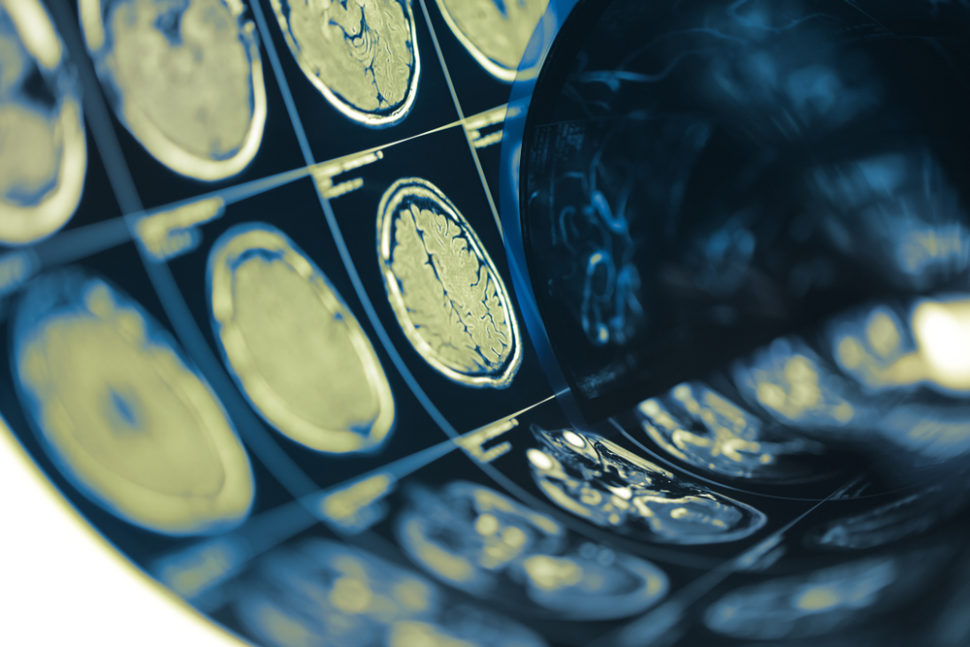Researchers just discovered the gene that could prevent excessive protein deposits in the brain that cause neurodegenerative diseases.
Researchers from UC San Diego and Scripps Research Institute have announced Wednesday that they were able to identify a gene that could stop harmful protein deposits in the brain. The discovery could potentially pave the way to better understand the nature of neurodegenerative diseases like Alzheimer’s and Parkinson’s disease.
Usually, the transfer of information in between gene and protein is carefully controlled. They are biologically proofread and corrected. However, there are instances when abnormal aggregates or protein deposits occur when the cells fail to send the right genetic information to proteins.
Read More: Researchers Neutralize apoE4 Gene That Causes Alzheimer’s
According to the researchers, they found a gene known as Ankrd16 that saves specific neurons dubbed as Purkinje cells which usually die when the so-called proofreading fails.
“Simplified, you may think of Ankrd16 as acting like a sponge or a `fail-safe’ that captures incorrectly activated serine and prevents this amino acid from being improperly incorporated into proteins, which is particularly helpful when the ability of nerve cells to proofread and correct mistakes declines,” Susan Ackerman, a UCSD professor and Chair in Biology at the university’s Stephen W. Kauffler, said in a statement.
According to Ackerman and her colleagues, the Ankrd16 is “a new layer of the machinery essential for preventing severe pathologies that arise from defects in proofreading.”
In the study published in the journal Nature, the researchers reported that Ankrd16 is ordinarily low in Purkinje cells which makes the said neurons vulnerable to proofreading defects. However, increasing the Ankrd16 could help prevent the cells from dying.
When tested in other neurons in mice with proofreading deficiency, the researchers found that removing Ankrd16 could cause a widespread buildup of abnormal proteins which eventually led to neuronal death.
To date, only a few modifier genes of disease mutations like the Ankrd16 have been identified by researchers. Should more of these modifier genes get discovered, researchers would have the opportunity to study and understand the underlying pathology of neurodegenerative diseases.



















Comments (0)
Least Recent